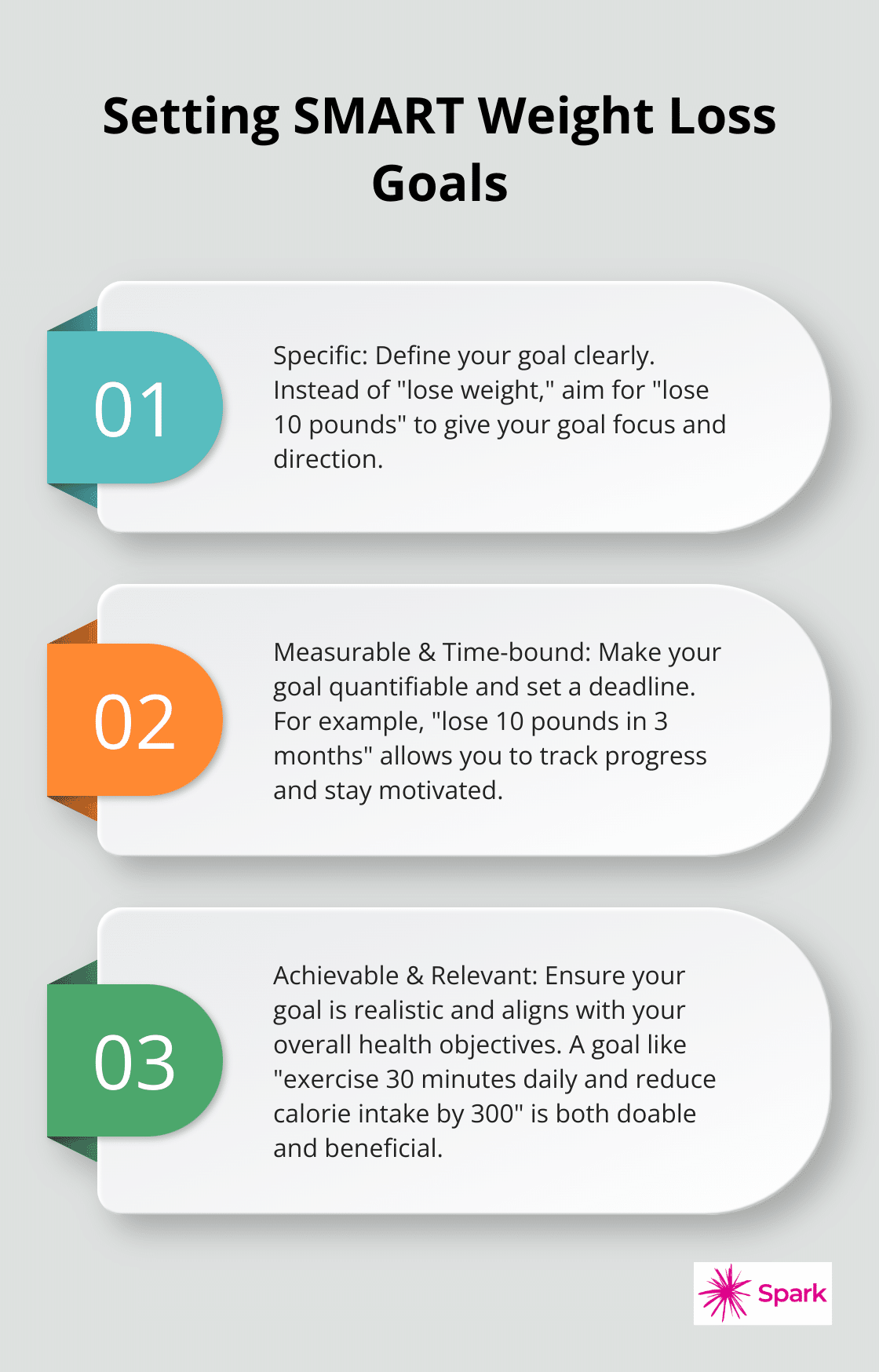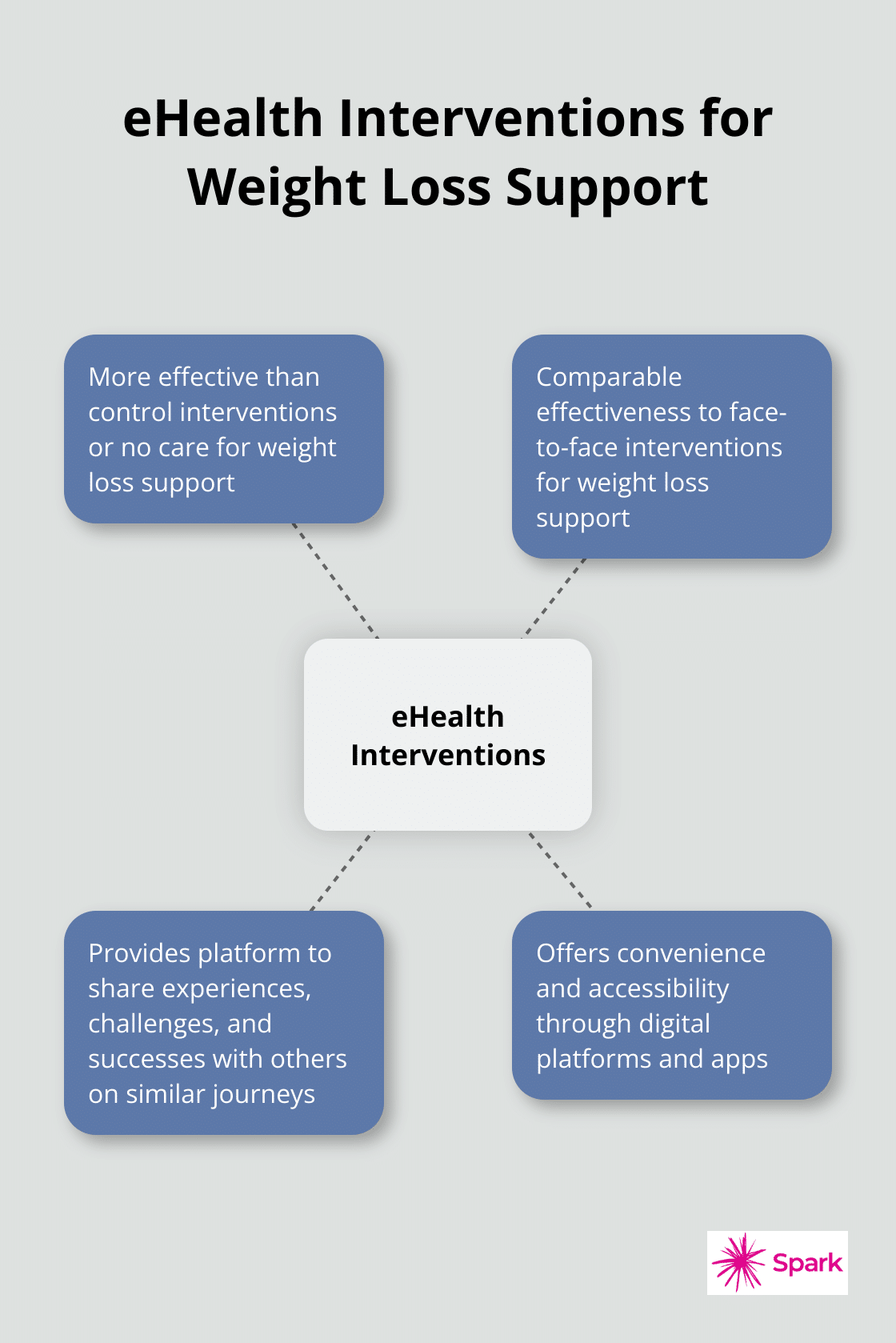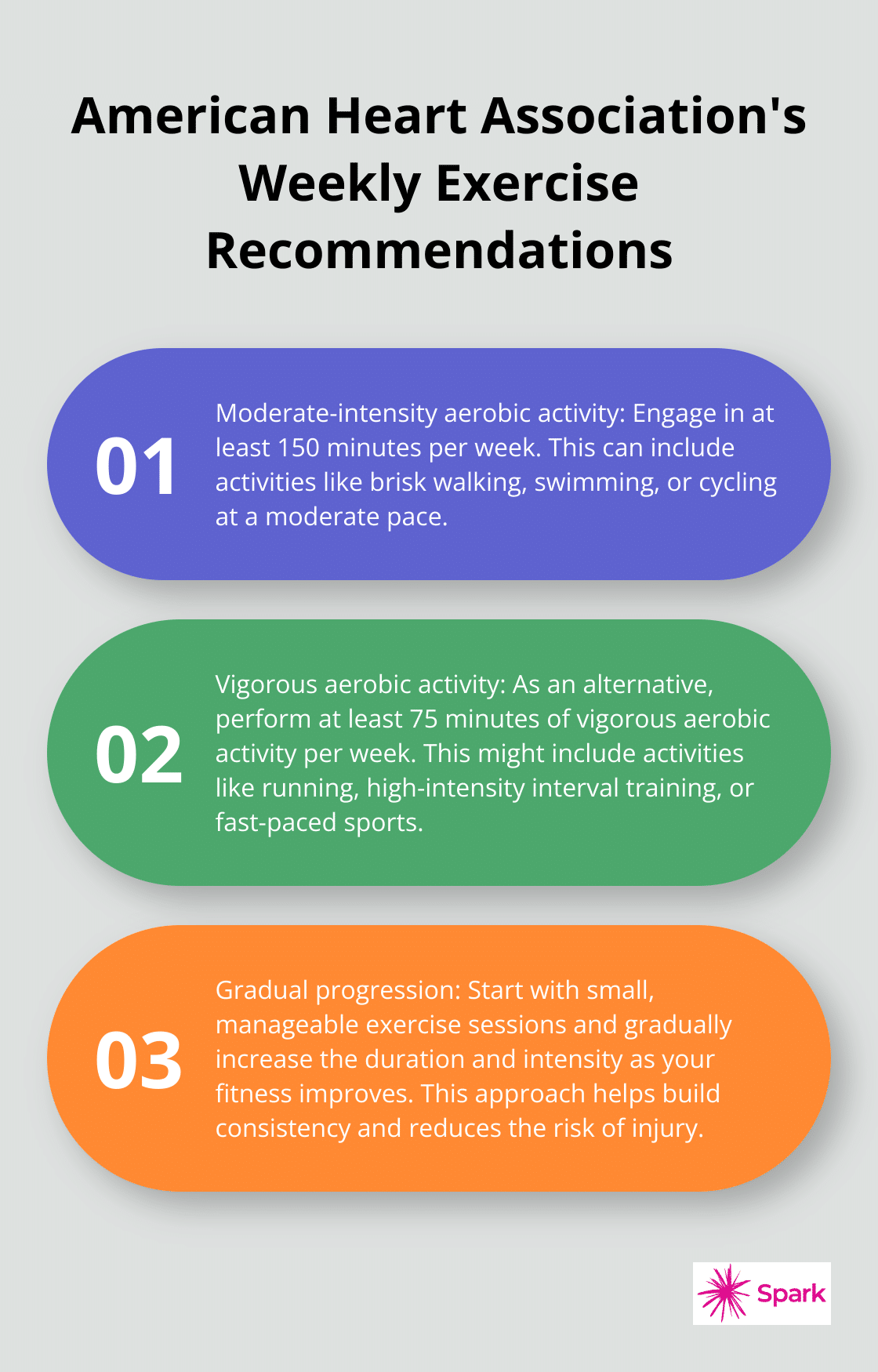Weight reduction motivation can be a challenge for many people. It’s easy to start strong but difficult to maintain that drive over time.
At Spark Healthcare, we understand the importance of staying motivated throughout your weight loss journey. This blog post will explore effective strategies to boost your motivation and keep you on track towards your goals.
How to Set Achievable Weight Loss Goals
The Power of SMART Goals
Setting realistic weight reduction goals forms the foundation of a successful weight loss journey. One effective method for setting achievable targets is the SMART technique. SMART stands for Specific, Measurable, Achievable, Relevant, and Time-bound. Instead of a vague goal like “I want to lose weight,” create a SMART goal: “I will lose 10 pounds in the next 3 months by exercising 30 minutes a day and reducing my daily calorie intake by 300 calories.” Greater use of a personal goal-setting feature was associated with improved weight loss outcomes among active users.

Breaking Down Your Goals
Long-term goals can overwhelm you. Break them down into smaller, more manageable milestones. If your ultimate goal is to lose 50 pounds in a year, set monthly targets of 4-5 pounds. This approach allows you to celebrate small victories along the way, which can significantly boost your motivation.
Adjusting Your Goals
Weight loss isn’t always linear. Factors like hormones, water retention, and muscle gain can affect the number on the scale. Don’t let this discourage you. Focus on non-scale victories like increased energy levels, better sleep, or looser-fitting clothes. These indicators can motivate you just as much as the number on the scale.
The Importance of Realistic Expectations
The current evidence does not demonstrate that setting realistic goals leads to more favorable weight loss outcomes. However, setting achievable targets can help maintain motivation throughout your weight loss journey.
Tracking Your Progress
Use tools and apps to monitor your progress. Many digital platforms (including some fitness trackers) allow you to log your food intake, exercise, and weight. This data can help you stay accountable and make necessary adjustments to your plan.
The journey to better health requires patience and persistence. Setting achievable goals and celebrating your progress will equip you to maintain your motivation and reach your weight loss targets. Now, let’s explore how building a supportive environment can further enhance your weight loss journey.
Creating Your Weight Loss Support Network
Identify Your Cheerleaders
Start by identifying people in your life who will encourage and support your weight loss goals. These could be family members, friends, or colleagues who have a positive influence on your health choices. Spend more time with these individuals and less time with those who might sabotage your efforts.
Open Communication About Your Goals
Clearly communicate your weight loss goals to your support network. Be specific about what you’re trying to achieve and how they can help. You might ask your partner to join you for evening walks or request that your friends choose restaurants with healthier options when dining out.
Leverage Technology for Support
In today’s digital age, support can come from various sources. Many weight loss apps offer community features where you can connect with others on similar journeys. For instance, MyFitnessPal has forums where users share tips and encouragement. Strava (a fitness tracking app) allows you to join virtual clubs and participate in challenges with others.
Join Weight Loss Groups
Consider joining a weight loss support group, either in-person or online. These groups provide a platform to share experiences, challenges, and successes with others who understand your journey. Research indicates that eHealth interventions are more effective than control interventions or no care and comparable to face-to-face interventions.

Find an Accountability Partner
Having an accountability partner can significantly boost your motivation. This could be a friend with similar goals or someone you meet in a support group. Set up regular check-ins to discuss progress, challenges, and strategies. A partner who shares your weight loss and workout goals can help you navigate a kinder, gentler path to your goals.
Create a Motivating Home Environment
Your immediate surroundings play a crucial role in your weight loss journey. Remove temptations from your home and replace them with healthier alternatives. Keep fruits and vegetables easily accessible, and store less healthy snacks out of sight. The food environment at home significantly influences eating behaviors and weight status. Built, social, and community food environments can have potential direct and indirect influences on body weight through their influence on energy intake.
Seek Professional Support
Don’t hesitate to seek professional support when needed. Nutritionists, personal trainers, and mental health professionals can provide expert guidance tailored to your specific needs. If you’re looking for comprehensive support, try telehealth options for weight management and mental health support (such as those offered by Spark Healthcare).
Building a supportive environment is an ongoing process. Continuously assess and adjust your support network to ensure it aligns with your evolving weight loss goals and needs. With the right support system in place, you’ll be better equipped to overcome challenges and stay motivated. Now, let’s explore effective motivation strategies to further enhance your weight loss journey.
Effective Strategies to Boost Weight Loss Motivation
Track Progress with Technology
Modern technology offers numerous tools to monitor your weight loss journey. Apps like MyFitnessPal, LoseIt!, and Noom enable you to log food intake, exercise, and weight. These apps often provide visual representations of your progress, making it easy to see your achievements.
A study found that consistent use of a fitness tracker may be associated with modest short-term increases in physical activity. Consider a smartwatch or fitness tracker to monitor your daily steps, heart rate, and calories burned.
Celebrate Your Milestones
Recognizing and rewarding your achievements can significantly boost your motivation. Set up a reward system for reaching specific milestones. For example, when you lose your first 5 pounds, treat yourself to a massage or a new workout outfit.
Avoid using food as a reward, as this can counteract your weight loss efforts. Instead, focus on non-food rewards that align with your health goals. You could save a small amount of money for each pound lost and use it towards a fitness class or new exercise equipment.
Visualize Your Success
Create a vision board or practice daily affirmations to reinforce your weight loss goals. A vision board is a collage of images and words that represent your ideal healthy lifestyle. Place it somewhere you’ll see it daily (like your bedroom wall or office desk).
Daily affirmations are positive statements that can help reshape your mindset. Examples include “I am becoming healthier every day” or “I have the power to reach my weight loss goals.” Research from the European Journal of Social Psychology suggests that self-affirmation can help individuals maintain a positive self-view when faced with threats to their self-integrity.
Find Joy in Physical Activity
Exercise doesn’t have to be a chore. Try different types of exercises until you find what resonates with you. This could be dancing, swimming, hiking, or even playing active video games.
Group fitness classes can also motivate you, as they provide a social aspect to exercise.
The American Heart Association recommends at least 150 minutes of moderate-intensity aerobic activity (or 75 minutes of vigorous aerobic activity) per week for adults. Start with small, manageable exercise sessions and gradually increase the duration and intensity as your fitness improves.

Final Thoughts
Weight reduction motivation requires dedication, patience, and effective strategies. You can set realistic SMART goals, break them into manageable milestones, and adjust expectations as needed to lay a solid foundation for success. Building a supportive environment and using technology to track progress will provide the encouragement and accountability necessary to stay on track.
Celebrating achievements and visualizing success through vision boards or affirmations can significantly boost your motivation for weight reduction. You should find joy in physical activities that resonate with you to make the journey more enjoyable and sustainable. Weight loss is not always linear, and setbacks are a normal part of the process (what matters most is your ability to persist).
If you seek comprehensive support on your weight reduction journey, consider Spark Mental Health. We offer personalized telepsychiatry services that can address weight management and related mental health concerns. Our online scheduling, individualized care plans, and upcoming Care Companion App provide the tools and support you need to maintain your weight reduction motivation and achieve lasting results.






